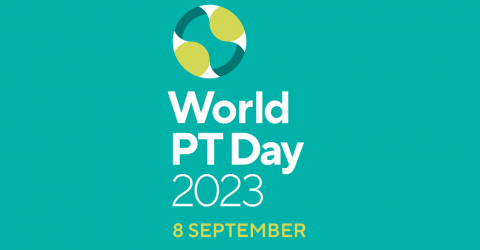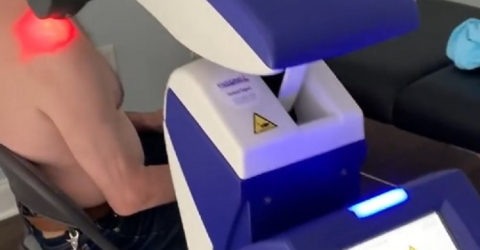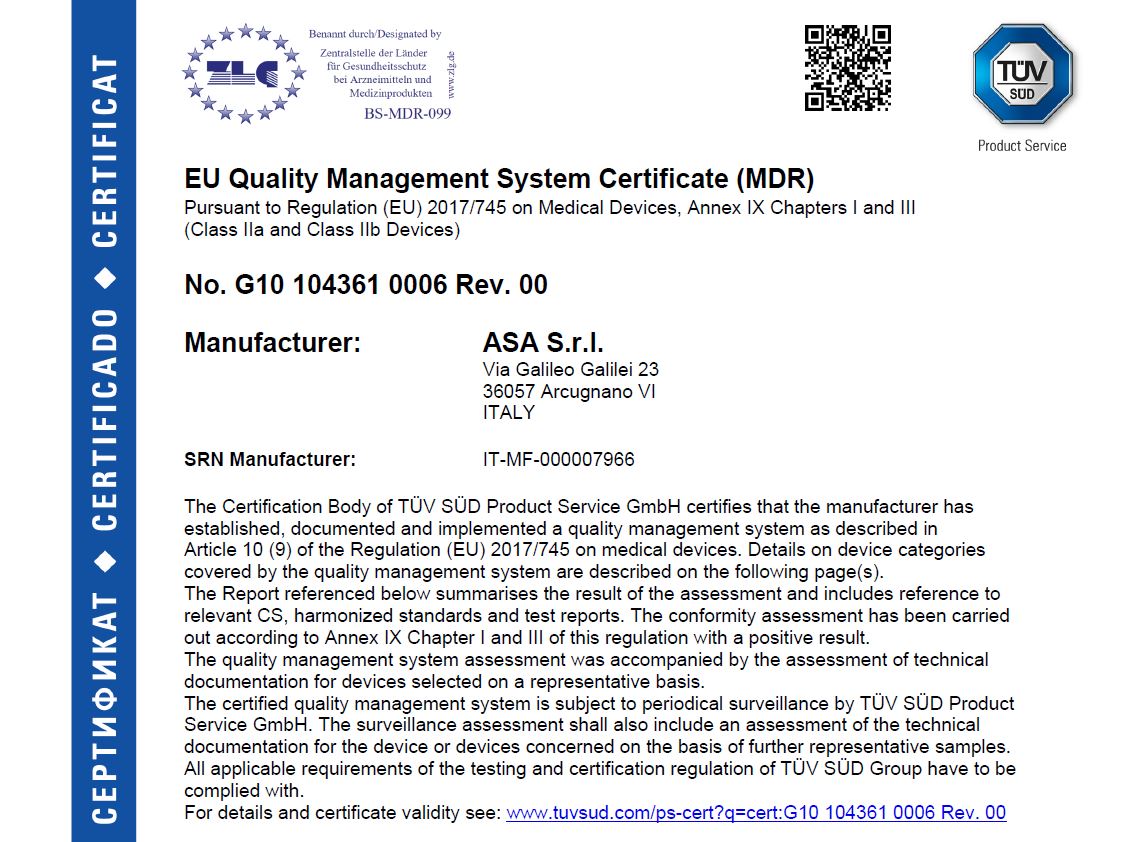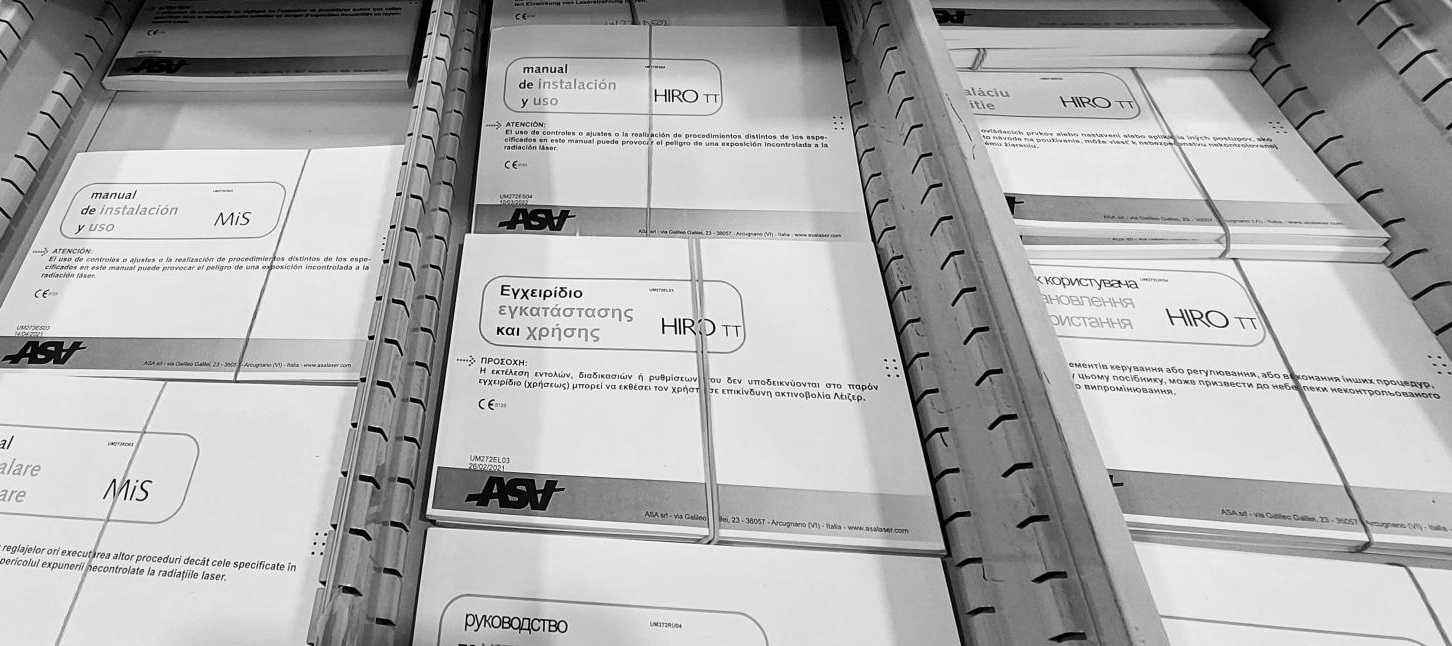





The European Union Medical Device Regulation (EU MDR) is a comprehensive regulatory framework that aims to strengthen patient safety and ensure the effectiveness of Medical Devices marketed in the EU.
In force since May 2021, the EU MDR replaces the Medical Devices Directive (MDD) and the In-Vitro Diagnostic Medical Devices Directive (IVDD), bringing significant changes and implications for various stakeholders, including distributors.
Negligence, incorrect behaviour, bureaucratic slowness, misalignment between EU countries,... below is a short list of the causes that led to the development of the EU MDR:
The Regulation introduces several fundamental changes compared to its predecessor MDD.
EU MDR expands the definition of Medical Devices, introducing more stringent classification criteria and strengthening post-sale surveillance. The Regulation also underlines the role of the economic operators in ensuring the safety and compliance of Devices.
The implementation of the EU MDR began in May 2021, allowing for a transition period to enable all entities involved to fully comply.
EU MDR identifies distributors as economic operators, holding them responsible for the Devices they place on the market.


Implementing the EU MDR impacts the supply chain and data management practices of distributors.

To fulfil their increased responsibilities, distributors need qualified and trained personnel.
Compliance with the EU MDR may involve investments in technology, personnel and training, resulting in increased operational costs for distributors. However, non-compliance can result in even higher costs due to sanctions and loss of market access.
Compliance with the EU MDR allows distributors to gain credibility with healthcare professionals, demonstrating commitment to quality and safety.
Furthermore, distributors who promptly embrace the EU MDR can gain a competitive advantage by demonstrating compliance and reliability to customers. In this way they can position themselves as privileged partners in the supply chain.
Distributors must recognise the importance of adapting to the new regulatory landscape, ensuring a successful and compliant business within an ever-evolving Medical Device market.






L'accesso alla visualizzazione dei prodotti e al materiale informativo è riservato agli operatori del settore in ottemperanza alla legislazione vigente. ASA richiede di qualificarsi come operatore del settore per procedere con la navigazione.
Decreto Legislativo 24 febbraio 1997, n°46 Articolo 21
1. E' vietata la pubblicità verso il pubblico dei dispositivi che, secondo disposizioni adottate con decreto del Ministro della Sanità, possono essere venduti soltanto su prescrizione medica o essere impiegati eventualmente con l'assistenza di un medico o di altro professionista sanitario.
2. La pubblicità presso il pubblico dei dispositivi diversi da quelli di cui al comma 1 è soggetta ad autorizzazione del Ministero della Sanità. Sulle domande di autorizzazione esprime parere la Commissione di esperti prevista dall'articolo 6, comma 3, del decreto legislativo
30 dicembre 1992, n. 541, che a tal fine è integrata da un rappresentante del Dipartimento del Ministero della Sanità competente in materia di dispositivi medici e da uno del Ministero dell'Industria, del commercio e dell'artigianato.
Some of the contents of this website cannot be disclosed in the USA and its territories and possesions, for regulatory reasons. If you are a US resident, please click on the button here below and access ASA's distributor website for North America.